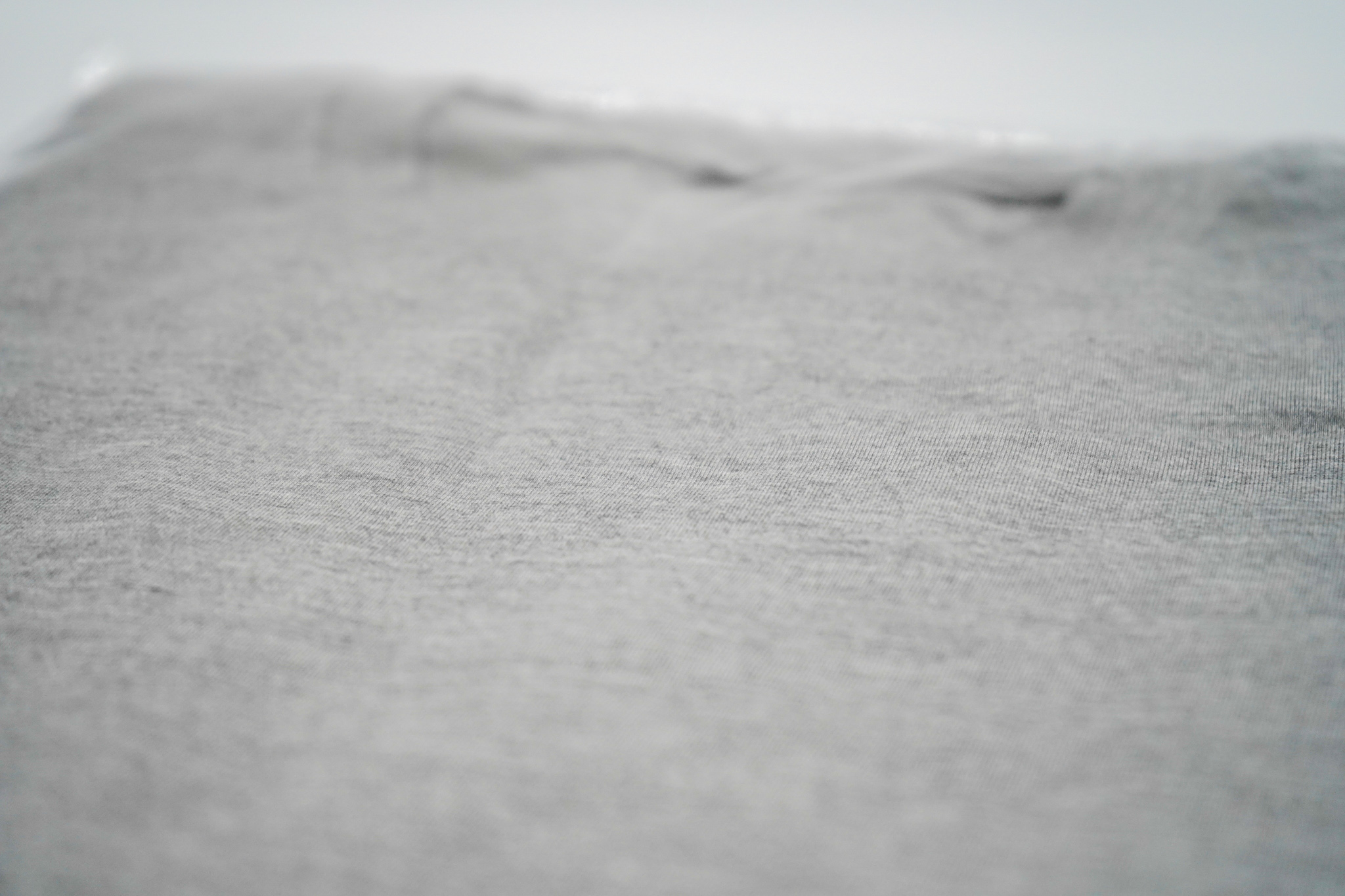
Cotton feels soft, grows from the earth, and makes up most of the clothing found in our closets. It is certainly impressive how far the cotton industry has come since we first began industrializing it. However, things begin to get a little shocking when we consider the environmental impact that cotton-processing creates.
To show you the bigger picture, let me ask you this: is there a cotton t-shirt in your closet at the moment? That question might as well be rhetorical, I would figure close to 100% of all Americans own at least one t-shirt.
What if I told you that it takes around 2,700 liters of water to manufacture just ONE cotton t-shirt? To give you a sense of scale, the average bathtub holds roughly 300 liters of water. That means that to make one cotton t-shirt, we would need around nine bathtubs full of water.
Unfortunately, the environmental impact of cotton manufacturing does not end there… in fact, it begins during the growing-stage of cotton. Researchers from the Environmental Justice Foundation found that although cotton makes up just 2.5 percent of the planet’s fertile land, it uses 16 percent of all insecticides (that is more than any other single crop).
These insecticides, while they help the growing process, end up being detrimental to the water-table. When fertilizers and insecticides drain into the groundwater, the damage is already done. This water has the potential to run off into a body of water where it will create oxygen-free dead zones.
With such a destructive track record, why are we not replacing cotton? Well, the answer to that is we are trying. Clothing manufacturers have laid their eyes on bamboo as a potential replacement for cotton.
Bamboo is easy to grow and does not require additional pesticides and fertilizers to succeed. Traditionally, bamboo was used in Asia to create paper. However, bamboo can now be transformed into yarn like substances; this yarn is then transformed into fabric for clothing-purposes.
This more complex production process makes the clothing more expensive than cotton, but the increase in quality yields to product longevity and extensive use. Bamboo t-shirts are softer, more insulated, UV-ray resistant, moisture-wicking (sweat), and hypoallergenic. Interestingly, the benefits extend beyond just product capabilities!
An actively cultivated bamboo forest reduces deforestation and absorbs greenhouse gasses by generating up to 35 percent more oxygen than equivalent trees. Bamboo does not need to be uprooted when it is harvested, reducing soil erosion, and preventing mudslides.
Cotton has a long track record full of bad environmental decisions and support for the rancid industry that is fast-fashion. By utilizing bamboo, we can have greener closets and reduce the usage of industrial pesticides.
I remember the first time I discovered bamboo fabric as a teen. My family and I discovered a store while on vacation that sold bamboo apparel and bedding. Bamboo fabric is by far the softest textile material I have ever touched. When you combine that comfort with the long list of benefits, bamboo appears to be the answer to a greener future.
